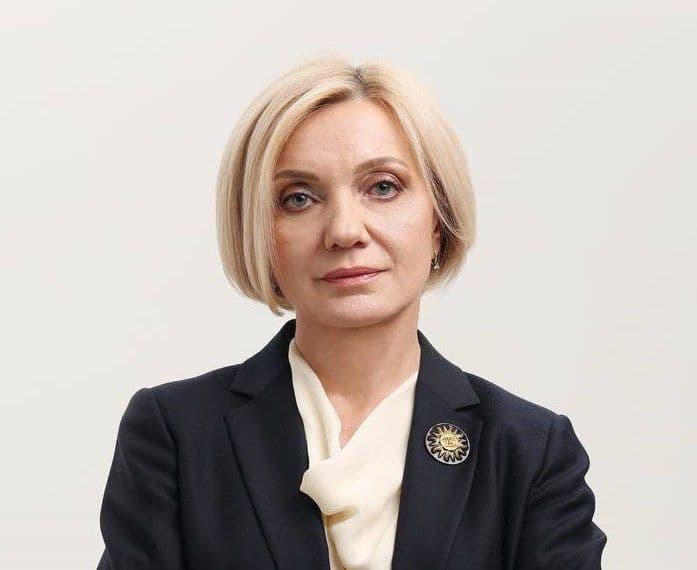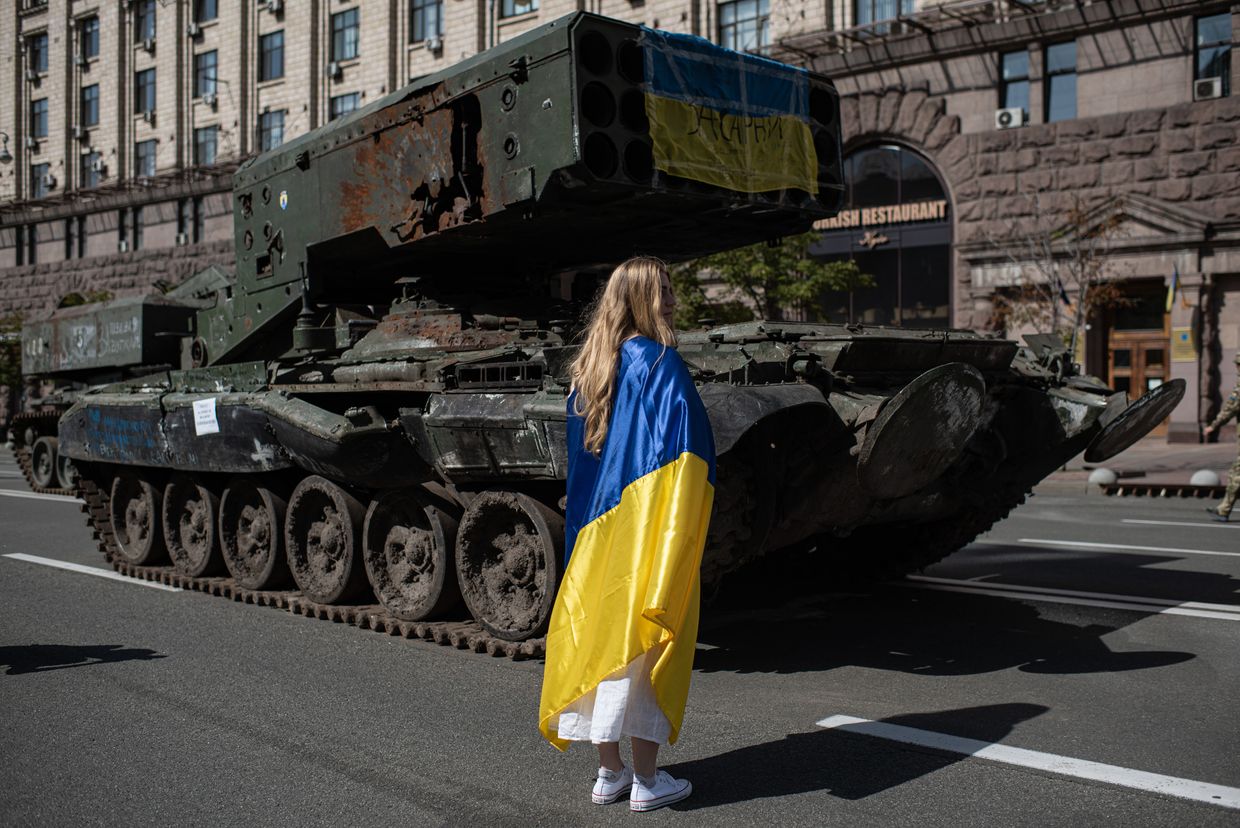Ukraine's language ombudsman calls for Russian to be stripped from list of protected 'minority' languages over mistranslation

Language Ombudsman Olena Ivanovska urged lawmakers on Oct. 15 to strip Russian from the list of languages granted special protection under its updated draft law for the European Charter for Regional or Minority Languages, saying that it will "deprive Kremlin propaganda of a tool for manipulation."
The draft law seeks to update Ukraine’s legal interpretation of the Charter, bringing it into alignment with a new translation prepared by the Culture Ministry in 2024.
The amendments to the draft law aim to correct what Ukrainian officials have identified as a mistranslation of the term "minority languages," which came from the Russian translation of the Charter’s original English and French texts.
The mistranslation blurred the distinction between linguistic communities and ethnic minorities, a nuance that Moscow has long exploited for political purposes.
Most Ukrainians understand and can speak Russian, a legacy of policies under both the Russian Empire and the Soviet Union that systematically marginalized Ukrainian and other national languages. Russia has used the claim of "protecting" the so-called Russian-speaking population in Ukraine as one of its justifications for the war.
"The word 'minority' (English) or 'minoritaires' (French) does not mean 'national minorities'; rather, the term refers to a 'numerical minority' — that is, it concerns languages spoken by smaller groups of the population, not necessarily linked to any particular nationality," the Culture Ministry noted in 2024.
With public confusion over the mistranslation, talk about removing the Russian language from the list of minority languages "distorted (the Charter's) purpose and triggered unfounded accusations of Ukraine’s noncompliance with international obligations, and created room for political manipulation aimed at undermining the status of Ukrainian as the state language," the Language Ombudswoman's office said on Oct. 15.
Under the proposed revision to the draft law, Russian would be removed from the list of languages eligible for state support and special protection. The updated list would include Belarusian, Bulgarian, Gagauz, Crimean Tatar, Modern Greek, German, Polish, Romanian, Slovak, Hungarian, Czech and Hebrew.
“The goal is simple — to remove Russian, which does not need protection, and to deprive Kremlin propaganda of a tool for manipulation,” Ivanovska said.











